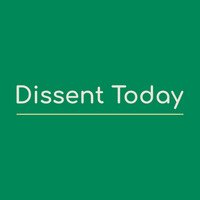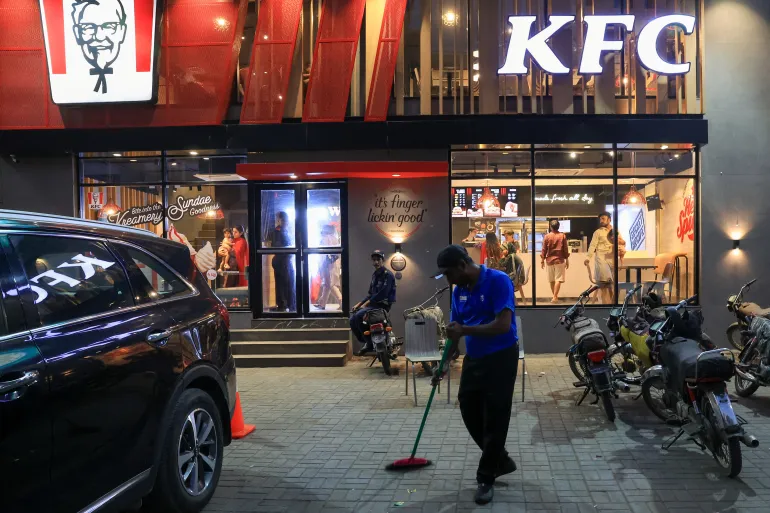In Pakistan, calls for boycotts of international brands perceived to have ties to Israel, while seemingly intended as peaceful protest against the violence in Gaza, may lead to unintended consequences. While the sentiment behind such actions may be rooted in genuine concern for the Palestinian people, given the rise in extremist and mob violence in Pakistan, these campaigns are highly susceptible to exploitation by religious fanatics.
Organizations like the Tehrik-i-Labbaik Pakistan (TLP) have a history of hijacking public sentiment and transforming peaceful protests into violent demonstrations. Their methods often involve intimidation, property damage, and even physical violence. When activists and celebrities call for boycotts without fully considering this context, they inadvertently create a fertile ground for these groups to operate.
The recent attacks on KFC outlets in Pakistan on allegations the food chain has ties to Israel serve as a stark example of this dynamic. One KFC worker lost his life in a mob attack in the outskirts of Lahore last month and at least 11 incidents of arson targeting KFC outlets were reported in various cities. While the initial calls for boycott may have been intended to be non-violent, the subsequent actions demonstrate how quickly such movements can be co-opted by those with a more radical agenda. Such incidents are a chilling reminder that in Pakistan’s volatile landscape, even seemingly innocuous calls to action can be twisted into justification for violence and unrest.
Therefore, it is crucial for those advocating for boycotts to exercise extreme caution. While their intentions may be noble, they must acknowledge the very real risk that their words can be weaponized by extremist elements. Instead of broad, potentially inflammatory calls that can be easily manipulated, perhaps focusing on more targeted and strategically sound approaches would be more effective and less likely to endanger public safety.
For instance, Pakistan has the option to utilize international platforms such as the Organization of Islamic Cooperation (OIC) to seek justice for the Palestinian people.
The pursuit of justice abroad should not come at the cost of peace and security at home.


